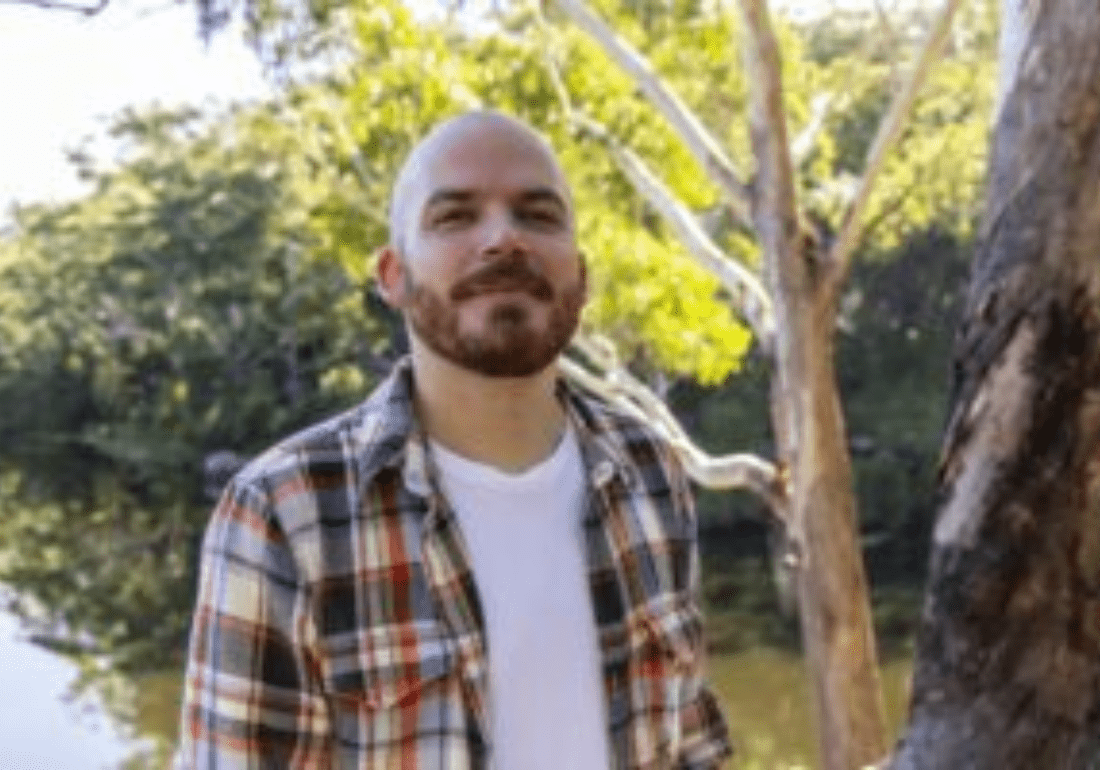Call for papers for a paper panel at the 2020 ICMS in Kalamazoo sponsored by the Rossel Hope Robbins Library.
“Impound, Outlaw” (Paper Panel)
Organizers: Mead Bowen and Marissa Crannell-Ash
With the animal turn, analysis of medieval interactions between humans and animals has shifted from considering animals as mere symbols or resources—readings that have largely reinforced a perceived human-animal boundary in the Middle Ages—to consider a broad range of medieval beliefs, values, and practices that complicate, blur, and even dissolve this boundary. One recent and particularly fruitful line of scholarship has considered vulnerability as a shared condition with the power to transcend this boundary. The vulnerability and ambiguous status of animals, who normally lack political standing but who sometimes gain a provisional, if nebulous, personhood when under legal scrutiny, offer useful grounds for comparison with the condition of humans whose exclusion from the state and lack of protection under the law qualify them as what Giorgio Agamben would term “bare life,” such as outlaws, excommunicants, and exiles. Groups whose ethnicities, cultural practices, or beliefs led medieval Christians to define them as sub-human or non-human, such as Celts, pastoral nomads, and Jews, complicate comparisons with animals even as they invite them. However, while these lines of exploration remain productive, the question of how imprisonment defines, diminishes, or denies personhood for human and non-human animals alike remains largely unexplored within medieval studies, as does its potential for links with modern subjects.
This panel invites submissions that consider imprisonment and ambiguous political/legal standing as conditions which can mutually inform and, in some cases, unite the human and non-human experience in the Middle Ages and beyond. Some examples include beings excluded from legal protection without loss of personhood, such outlaws, exiles, and excommunicants; prisoners and beings, human or non-human, awaiting trial; exclusionary enclosures and excluded sub-communities, such as ghettos, quarantined areas, and religiously or racially defined city quarters; immigrants and expatriates, especially those of crypto-religious persuasions; forms of animal enclosure, such as pens, zoos, and menageries; and beings who become vulnerable to human exploitation upon crossing human-defined borders, such as illegal immigrants, refugees, slaves, and imported/exported animals.
To be considered for this session, submit a short abstract (no more than 300 words) and participant information form to Mead Bowen (ebowen4@ur.rochester.edu) and Marissa Crannell-Ash (mcrannel@ur.rochester.edu)


